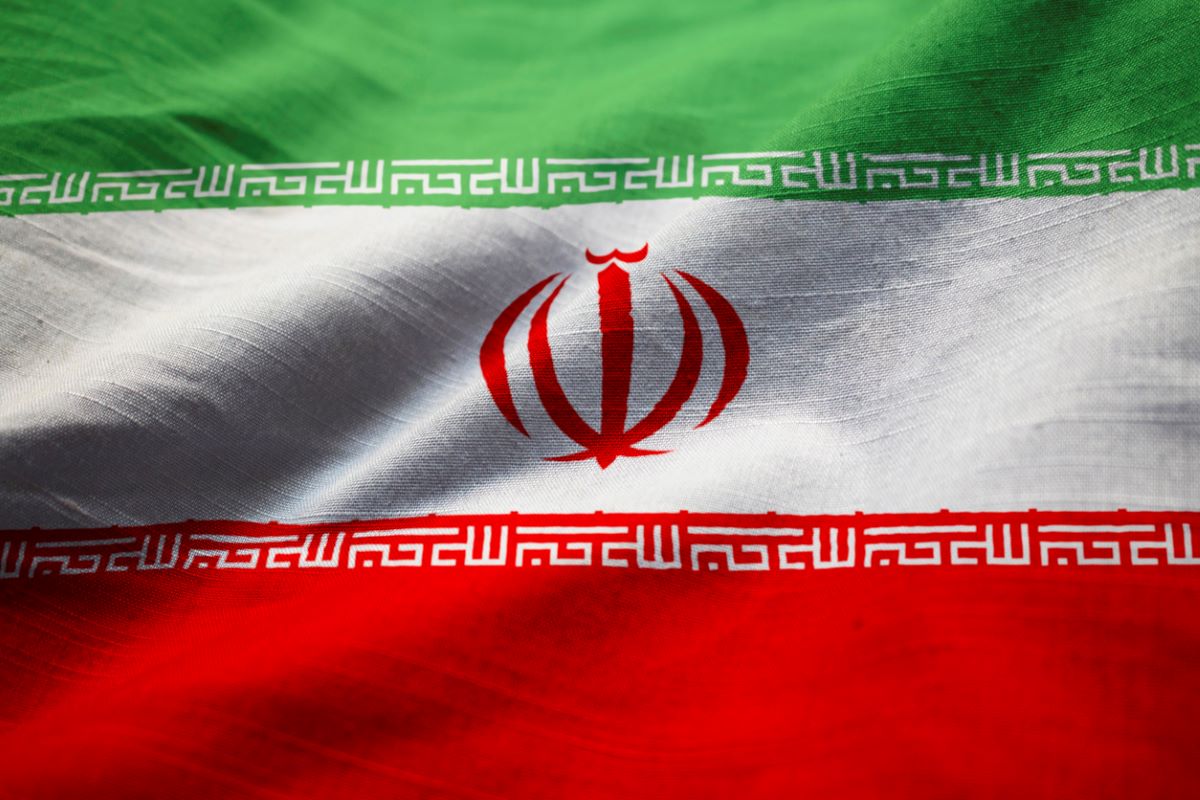Iran rejects Macron’s accusation of involvement in Ukraine conflict
Iran has rejected French President Emmanuel Macron's remarks that Russia has used Iranian military equipment against Ukraine.
To ensure effective implementation of their demands, the legislators called for an unspecified “verification” process, after which Iran would act to scale back its nuclear advances to come into full compliance with the terms of the JCPOA again. After waiting for a year following the US exit, Iran started gradually boosting its nuclear capabilities in 2019.

representational image (iStock photo)
It would be a mite presumptuous to believe there has been forward movement on implementation of the 2015 nuclear deal between the Western powers and Iran. Suffice it to register that an overwhelming majority of legislators in Tehran are set to define strict conditions for a return to the country’s 2015 nuclear deal as an agreement with world powers in Vienna appears close.
In a statement read out on Sunday, 250 legislators in the 290-member parliament ~ in control of conservatives and hardliners since 2020 ~ called on President Ebrahim Raisi to adhere to their conditions in restoring the Joint Comprehensive Plan of Action (JCPOA). They were unanimous in the perception that what they called the “cruel and terrorist” American government ~ and its “weak and contemptible” followers notably France, Germany, and the United Kingdom ~ have shown they are not bound by any agreement over the past few years.
Advertisement
Ergo, Iran must learn from the experience and set clear “red lines”. The legislators are intent on a guarantee by America and the so-called E3 that they will not abandon the nuclear deal again, as Washington did unilaterally in 2018 under former President Trump, who did so and imposed a cache of sanctions. “The US regime and other countries party to the JCPOA must pledge that they won’t use the snapback mechanism,” they wrote referring to a clause in the nuclear accord that automatically reimposes United Nations sanctions on Iran if it breaches the deal.
Advertisement
Now with the more theocratic President Raisi at the helm, parliamentarians also asserted all sanctions imposed under “false excuses” must be lifted ~ which they defined as nuclear, terrorism, missile, and human rights designations, in addition to those under the Iran Sanctions Act (ISA), Countering America’s Adversaries Through Sanctions Act (CAATSA), and a U-turn on sanctions concerning dollar transactions. In a word, the government in Tehran is willing to revive the deal but on its terms.
To ensure effective implementation of their demands, the legislators called for an unspecified “verification” process, after which Iran would act to scale back its nuclear advances to come into full compliance with the terms of the JCPOA again. After waiting for a year following the US exit, Iran started gradually boosting its nuclear capabilities in 2019.
The process has significantly accelerated since December 2020, when parliament passed a law that forced the administration of the moderate former President, Hassan Rouhani, to take more measures Sunday’s show of force by the Iranian legislators comes shortly after all negotiating parties in Vienna ~ Iran, the US, E3, China and Russia ~ said the talks that initially began in April 2021 are in their final stretch.
Most issues have been agreed upon but several remain, and both Iran and the Western powers continue to say publicly that the other side needs to make the final decision to resolve them. All maintain nothing is agreed until everything is settled.
Advertisement